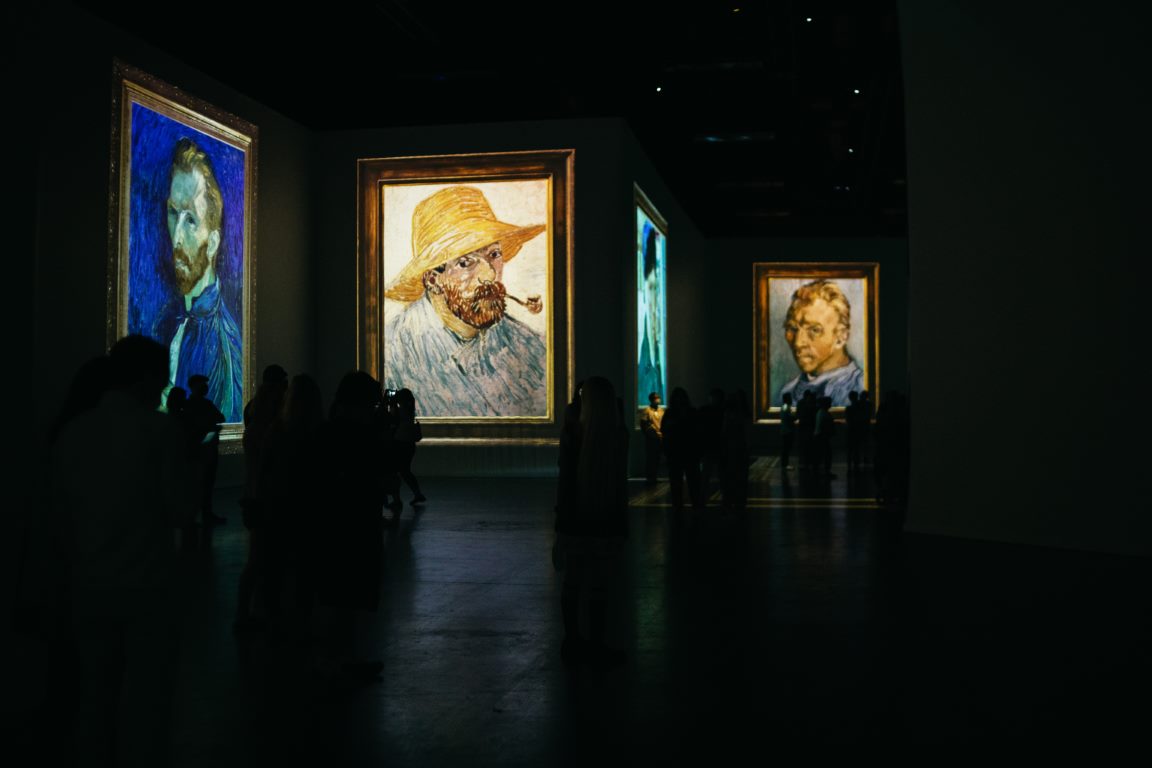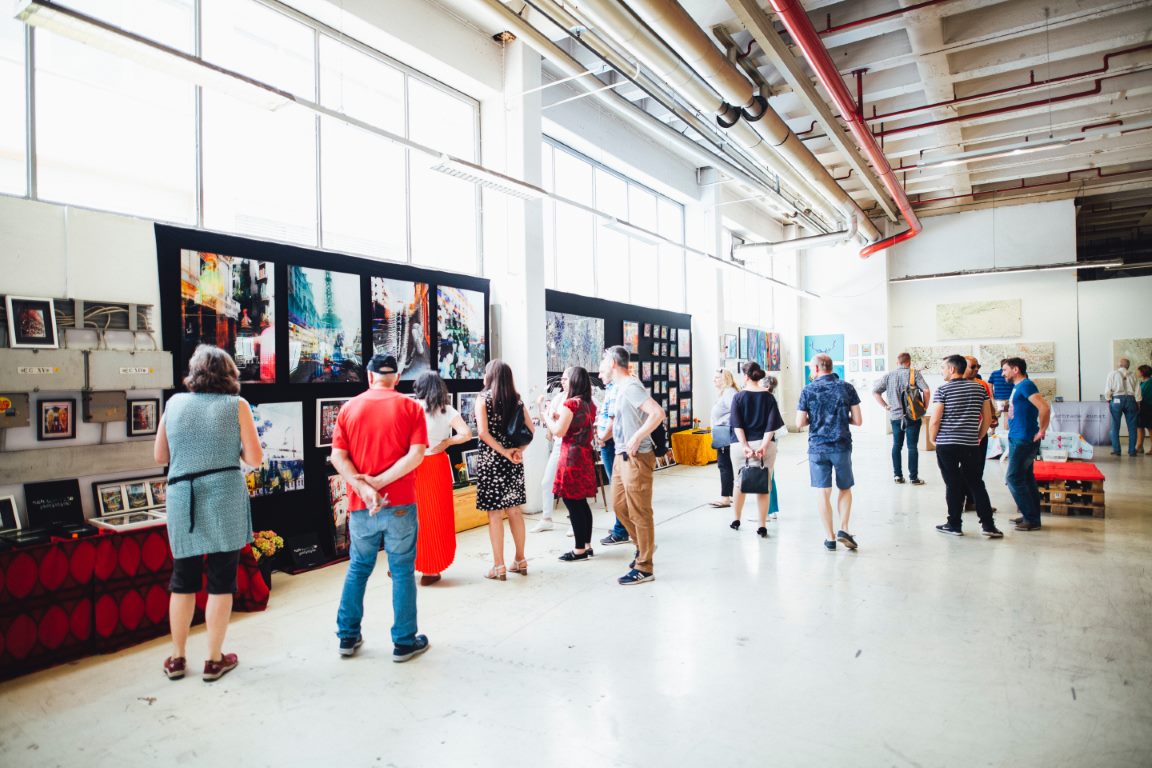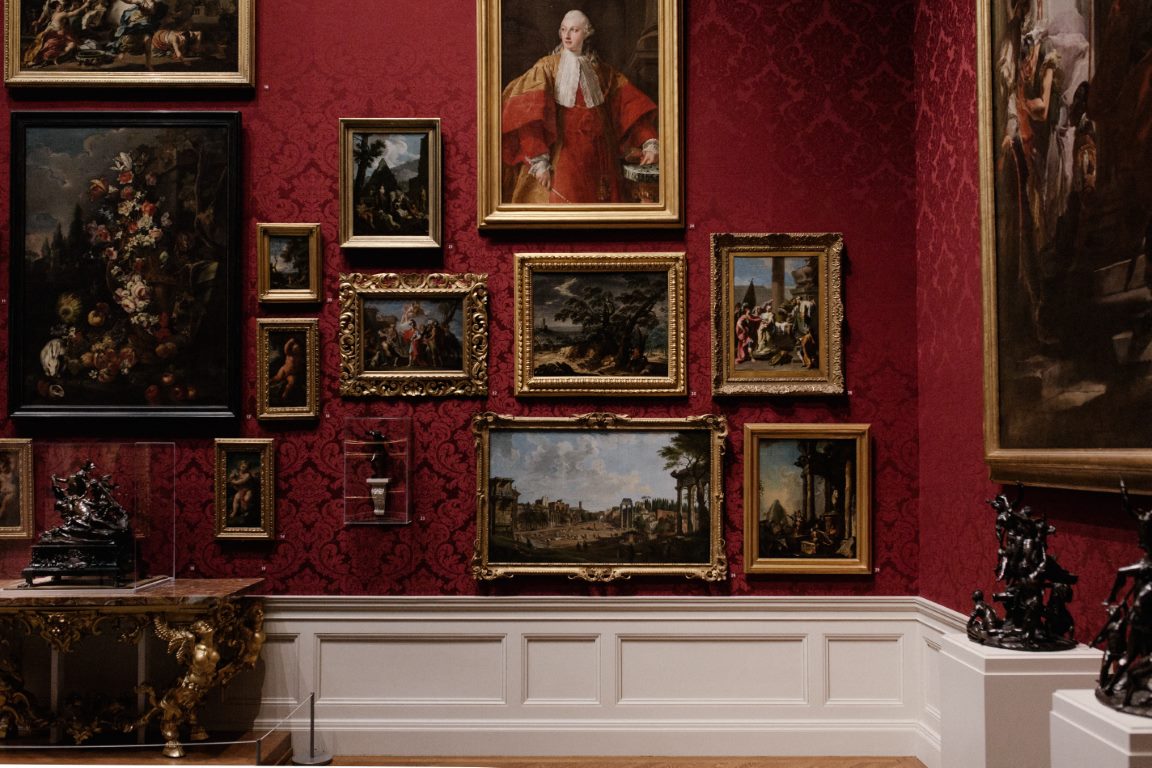How to Plan Your Private Day Tour of Xian from Beijing Including Transfer Service
Are you planning a trip to Beijing and are interested in exploring the ancient city of Xian and the Terracotta Warriors? This private day tour from Beijing to Xian is just for you! In this post, we will give you a step-by-step guide on how to plan your private day tour of Xian from Beijing, including transport services.Step 1: Book Your Private Day Tour
The first step to planning your private day tour of Xian from Beijing is to book your tour in advance. You can book your tour online through Viator, a trusted and reputable tour company. The tour includes round-trip private transfers, transport by a private vehicle, a local lunch at an authentic restaurant, and a private guide.Step 2: Choose Your Pickup Point
The tour includes hotel pickup and drop-off, so you should choose a pickup point that is convenient for you. If you are not staying in a hotel, you can contact the tour company to arrange another pickup point.Step 3: Prepare for an Early Start
The tour starts at 4:30 am, so make sure you prepare for an early start. Get a good night’s sleep before the tour, and allow plenty of time to get ready in the morning. The tour includes seamless round-trip private transfers in Beijing and Xian, so you don’t have to worry about transport.Step 4: Meet Your Private Driver in Beijing
Your private driver will escort you to your early morning flight to Xian. Once you arrive in Xian, your personal driver/guide will greet you and take you to the Terracotta Warriors and Horses Museum.Step 5: Explore the Terracotta Warriors and Horses Museum with a Private Guide
You will have a private guide to take you through the Terracotta Warriors and Horses Museum. This is a once-in-a-lifetime opportunity to see the ancient warriors up close and learn about their history and significance.Step 6: Enjoy an Authentic Local Restaurant Lunch
After your tour of the Terracotta Warriors and Horses Museum, you will be treated to an authentic local restaurant lunch. This is a great opportunity to try some of the local cuisine and immerse yourself in the culture of Xian.Step 7: Stroll along the Medieval City Wall
After lunch, you will have a chance to relax and stroll along the medieval city wall. This is a great way to experience the history and culture of Xian and take in some of the sights and sounds of the ancient city.Step 8: Return to Beijing with Seamless Round-Trip Private Transfers
At the end of your tour, your personal driver/guide will take you back to the airport for your return flight to Beijing. Your private driver will be waiting for you when you arrive, and you will be transported back to your hotel or pickup point.Book Your Tour Now
A private day tour of Xian from Beijing is an incredible way to experience the Terracotta Warriors and Horses Museum and immerse yourself in the ancient culture of Xian. By following these eight simple steps, you can plan your tour and experience this once-in-a-lifetime opportunity. Don’t forget to book your tour here through Viator, a trusted and reputable tour company.
Frequently Asked Questions about Beijing
1. What is Beijing and where is it located?
Beijing is the capital of the People’s Republic of China and one of the most populous cities in the world. It is located in the northeastern part of the country, close to the border with Hebei Province. The city has a population of over 21 million people and covers an area of 16,800 square kilometers.
2. What is the best time to visit Beijing?
The best time to visit Beijing is in the autumn months from September to November when the weather is cool and comfortable. The summers can be hot and humid, while the winters are cold and dry, so plan your visit accordingly. Make sure to check the weather report before you go!
3. What are the top tourist attractions in Beijing?
Beijing has plenty of attractions to offer visitors, but some of the top ones include:
- The Great Wall of China
- The Forbidden City
- The Temple of Heaven
- Tiananmen Square
- The Summer Palace
4. How do I get around Beijing?
Beijing has an extensive public transportation system that includes subways, buses, and taxis. The subway is the most convenient and affordable way to get around the city, but the buses and taxis are also good options. You can purchase a rechargeable transportation card to use on both the subway and buses.
5. What is the local cuisine in Beijing?
Beijing is famous for its cuisine, which includes dishes such as Peking duck, dumplings, and hot pot. There are also plenty of street food options available throughout the city. Make sure to try some of the local specialties during your visit!
6. What are some cultural norms and customs in Beijing?
When visiting Beijing, it is important to be aware of the following customs:
- Avoid discussing sensitive political topics or criticizing the government
- Respect local customs and traditions, such as removing your shoes before entering someone’s home
- Cover your shoulders and knees when visiting temples or other religious sites
- Bargaining is common in markets and street vendors, but it is important to be respectful and not overly aggressive.
7. What is the currency in Beijing?
The currency in Beijing is the Chinese Yuan (CNY), also known as the renminbi. Cash is widely accepted, but credit cards may not be accepted at smaller establishments.
8. What are some safety tips for visiting Beijing?
Beijing is generally a safe city, but it is always important to take precautions when traveling. Some tips to keep in mind include:
- Avoid carrying large amounts of cash or valuable items with you
- Stay alert and aware of your surroundings, especially in crowded areas
- Avoid traveling alone at night
- Be cautious when using public Wi-Fi and avoid accessing sensitive information on unsecured networks
9. What is the local language in Beijing?
The primary language in Beijing is Mandarin Chinese. English is also spoken in some tourist areas, but it is always helpful to learn a few basic phrases in Mandarin before your trip.
10. What are some etiquette tips to keep in mind when visiting Beijing?
When visiting Beijing, it is important to be mindful of the local customs and etiquette. Some tips to keep in mind include:
- Use both hands when giving or receiving items, such as business cards
- Avoid public displays of affection
- Be respectful when taking photos, especially in religious sites
- Remove your shoes when entering someone’s home
11. What is the best way to experience the local culture in Beijing?
One of the best ways to experience the local culture in Beijing is to explore the city’s historic sites and immerse yourself in the local cuisine. You can also attend traditional performances, such as Beijing Opera or acrobatics shows, or visit local markets and shops to get a sense of the daily life of the city’s residents.
12. Are there any festivals or events in Beijing worth attending?
Beijing hosts several festivals and events throughout the year, including:
- Chinese New Year in January or February
- The Lantern Festival in February or March
- The Dragon Boat Festival in June
- The Mid-Autumn Festival in September
13. What is the dress code for visiting Beijing?
There is no strict dress code for visiting Beijing, but it is important to dress modestly and respectfully when visiting religious sites. It is also a good idea to bring comfortable walking shoes and dress in layers, as the weather can be unpredictable.
14. How do I communicate with locals in Beijing if I don’t speak Mandarin?
Learning a few basic Mandarin phrases can go a long way when communicating with locals in Beijing. You can also use translation apps on your phone or carry a phrasebook with you. Many tourist areas also have English-speaking staff and signage.
15. What are some unique souvenir options in Beijing?
Beijing has plenty of souvenir options for visitors, such as traditional Chinese lanterns, calligraphy brushes, and jade jewelry. You can also find unique items such as Mao memorabilia and silk clothing. Make sure to shop around and compare prices before making a purchase!
Book Your Tour Now
Beijing is a fascinating city with plenty to offer visitors. Whether you’re interested in history, culture, or food, there is something for everyone in this bustling metropolis. Remember to plan ahead, be respectful of local customs, and enjoy your stay in this amazing city!

How to Spend Your Time as a Tourist in Beijing
Beijing, also known as Peking, is the capital city of China and one of the most culturally rich and fascinating places in the world. Whether you’re interested in history, architecture, food, or just exploring a new city, Beijing has something for every kind of traveler. This guide will provide you with a comprehensive list of things to do and see in Beijing, as well as some tips on how to make the most of your time in this incredible city.1. Explore the Forbidden City
The Forbidden City, also known as the Palace Museum, is a must-see for anyone visiting Beijing. It was the Chinese imperial palace from the Ming dynasty to the end of the Qing dynasty and is now a UNESCO World Heritage site. The complex has 980 buildings and covers 72 hectares, making it the largest palace complex in the world.2. Walk on the Great Wall of China
The Great Wall of China is a series of fortifications that were built to protect the Chinese empire from invasions. It stretches over 13,000 miles and is the longest wall in the world. One of the best places to experience the Great Wall is at Mutianyu, where you can take a cable car up to the wall and walk along its stunning mountainous sections.3. Visit the Temple of Heaven
The Temple of Heaven is a complex of religious buildings located in the southeastern part of central Beijing. It was visited by the emperors of the Ming and Qing dynasties for annual ceremonies of prayer to Heaven for good harvest. The most famous building in the temple complex is the Hall of Prayer for Good Harvests, a stunning building with a triple-gabled circular roof.4. Sample the Local Cuisine
Beijing has some of the best food in China, so it’s worth taking the time to explore the local cuisine. Some of the must-try dishes include Peking duck, jianbing (a type of crepe), and zhajiangmian (noodles with soybean paste). You can also visit the night markets to sample a range of street food and local delicacies.5. Watch a Performance at the Beijing Opera
The Beijing Opera is a traditional form of Chinese theater that combines music, singing, dance, and acrobatics. It’s a unique and fascinating experience, and one that should not be missed. The most famous opera in Beijing is the Peking Opera, which is known for its elaborate costumes and makeup.6. Explore the Hutongs
The Hutongs are traditional neighborhoods in Beijing that date back to the Yuan dynasty. They are characterized by narrow alleys and traditional courtyard residences, and are a fascinating glimpse into Beijing’s rich history and culture. Some of the best Hutongs to explore include Nanluoguxiang and Qianmen.7. Visit the Summer Palace
The Summer Palace is a vast park and palace complex in the northwest of Beijing. It was used by the Qing emperors as a summer retreat and is now a UNESCO World Heritage site. The complex includes a lake, gardens, palaces, and temples, and is one of the most beautiful places in Beijing.8. Wander Around Tiananmen Square
Tiananmen Square is one of the largest public squares in the world and is located in the heart of Beijing. It’s a place of great historical and political significance, and is the site of many important events in Chinese history. You can visit the National Museum of China, the Great Hall of the People, and the Mausoleum of Mao Zedong in the square.9. Visit the 798 Art District
The 798 Art District is a trendy neighborhood in east Beijing that is known for its contemporary art galleries, cafes, and shops. It’s a great place to stroll around and soak up the atmosphere, and there are often exhibitions and performances taking place.10. Experience Chinese Tea Culture
Chinese tea culture is a fascinating and intricate part of Chinese life, and one that is well worth exploring. There are a number of tea houses in Beijing where you can learn about the various types of tea, as well as the customs and rituals associated with tea drinking.Book Your Tour Now
Beijing is an incredible city with a rich history and culture, and there’s so much to see and do. Whether you’re interested in exploring ancient palaces and temples, dining on delicious local cuisine, or immersing yourself in contemporary art and culture, Beijing has something for everyone. So take your time, explore the city, and enjoy all that Beijing has to offer.Table of Contents

